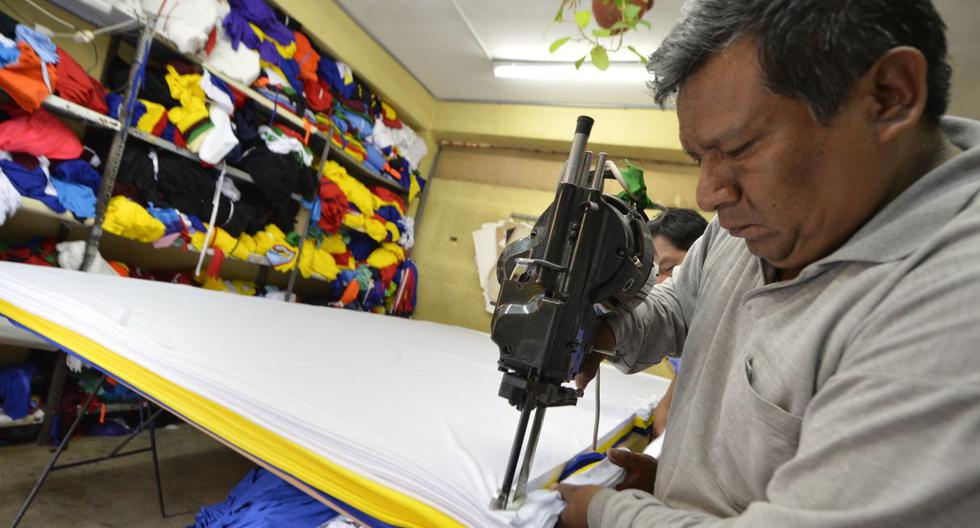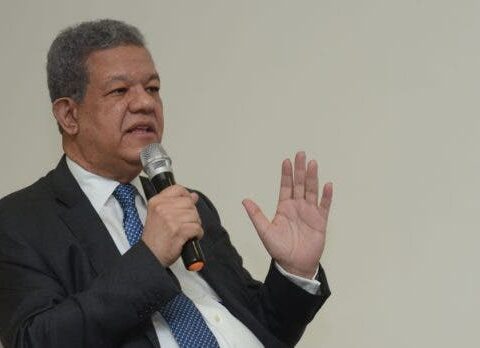Users of Amazon, Google, Netflix, Spotify, DiDi, Uber, Airbnb, Indriver and other foreign providers of digital services in the Dominican Republic will probably pay a higher cost to use them, if a draft that would charge ITBIS (tax on transfer of industrialized goods and services) those products.
The draft that contains the “Regulation for the application of ITBIS to digital services captured in the Dominican Republic and that are provided by foreign providers”, prepared by the General Directorate of Taxes internal (DGII), establishes the basis on which these platforms would be recorded.
Although it is specified that the ITBIS tax base includes only the total amount of benefits received, whatever their nature for the services used and consumed in the country, and that in the provision of digital services between entities of the same group the tax base will be its normal market value, the document specifies four points on which the value of the tax will be determined.
Specifies that, in the case of online advertising services, the proportion that represents the number of times the advertising appears on devices located in the country with respect to the number of times said advertising appears will be applied to the total income obtained. on any device.
“In the case of online intermediation services in which there is facilitation of deliveries of goods or provision of underlying services directly between users, the proportion that represents the number of users located in the Dominican Republic with respect to the total income obtained will be applied. of the total number of users involved in that service, regardless of where they are located”, he adds.
In other rules, the draft indicates that the tax base of the other intermediation services will be determined by the total amount of the income derived directly from the users when the accounts that allow access to the digital interface used have been opened using a device that was found at the time of its opening in the country.
“In the case of data transmission services, the proportion that represents the number of users who have generated said data that are located in the Dominican Republic with respect to the total number of users who have generated said data will be applied to the total income obtained” , order.
The regulation would establish that the taxpayer must choose the currency of payment, which must be Dominican pesos or US dollars and warns that foreign providers of digital services will not be entitled to gross tax deductions, unless they formalize a digital permanent establishment or with a fixed location. business in the national territory.
The DGII summoned, together with the Legal Consultancy of the Executive Power, all those interested in making their comments, observations and suggestions to the draft regulation. They may be made in writing, “accompanied by the documents that support them”, to the email [email protected]; or deposited before the Legal Consultancy, at the reception of the Presidential Palace.
The deadline for consultation begins today and ends on March 21.
are not exempt
In one of its recitals, the possible regulation clarifies that digital services are not listed as ITBIS-exempt services.
The DGII specifies that only financial services, including insurance, are exempt from paying the aforementioned tax; pension and retirement plans, ground transportation services for people and cargo; electricity, water and garbage collection, housing rental, health, educational and cultural, funeral homes and beauty salons and barbershops.
In addition, it adds that it is in the interest of the Dominican Government to improve the efficiency, productivity and transparency of the tax administration, with the implementation of measures that allow improving collections and reducing the levels of avoidance and evasion.
It also maintains that there is currently a fiscal distortion within the digital economy, which is why the establishment of a differentiated tax treatment of operations is sought, based on the principle of fiscal neutrality, but from the perspective of avoiding economic distortions, simpler systems and minimize opportunities for circumvention.
other attempts
It is not the first time that the Dominican State points to digital services as a source of collection. In the draft Budget Law for 2021, it was planned to tax these platforms.
Similarly, a similar measure was intended to carry out the management of then President Danilo Medina, although it did not materialize.








